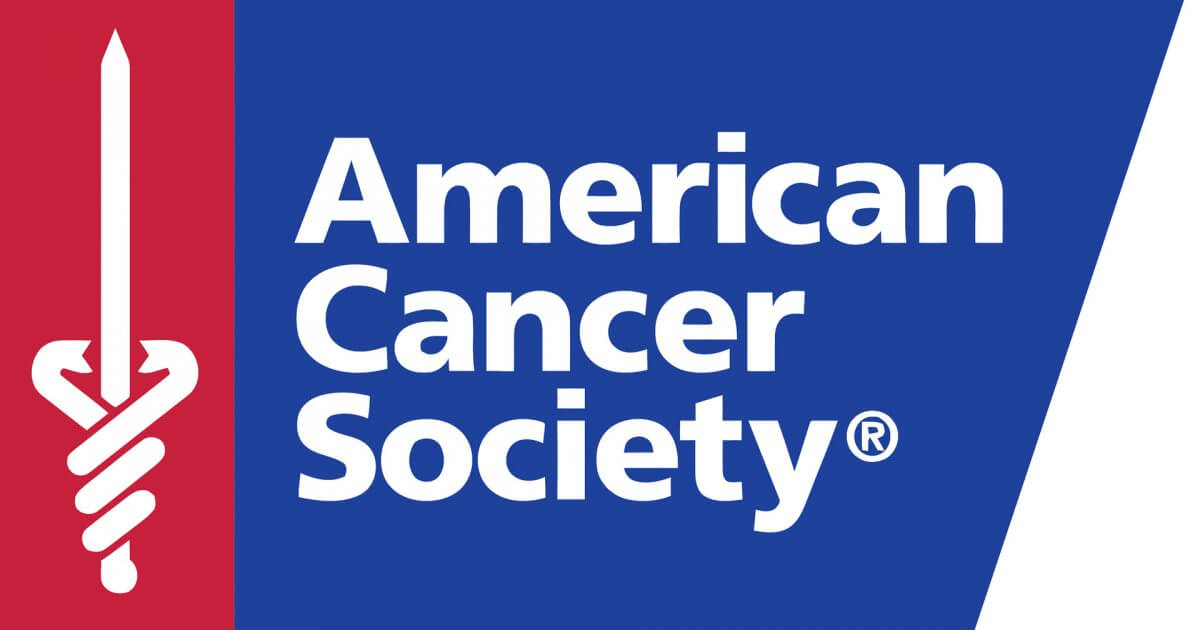One of the most important charities in the country, The American Cancer Society (ACS) says it is cutting 1,000 staffers because of financial problems caused by COVID-19. "The pandemic has severely reduced our fundraising revenue and forced us to take significant cost-saving measures. ACS says it is reducing its overall budget by approximately 30 percent, with cuts to both non-personnel and personnel expenses," said a spokesperson for the ACS in a statement.
RELATED: The ACS Chief Medical Officer Explains How to Get Cancer Screenings Now
Read MoreRELATED: Taylor Swift Fans' GoFundMe Page Raises Money for ACS
A Decline in Fundraising Due to COVID-19
The COVID-19 pandemic has affected a plethora of funding related to cancer. According to The Daily Telegraph, charity organization Cancer Research U.K (CRUK) announced that Covid-19 has slashed fundraising across its research portfolio with existing grants being cut 10% and research centers facing a 20% cut. Overall, CRUK is looking at over $54 million being cut from their research portfolio this year.
The charity admitted to The Daily Telegraph that the impact of this pandemic could "set back the cancer research effort within the U.K potentially for many years," but the disruption in cancer research is proving to be a world-wide issue.
Researchers told SurvivorNet that new clinical trials in the United States may also be paused due to restrictions in place during COVID-19. The virus has not only affected money being raised for cancer treatment and research but it has slowed the progress of new treatment findings and elective surgeries taking place.
The Financial Burden that Comes with a Cancer Diagnosis
How to Get Help with Cancer Bills
RELATED: Actor Patrick Dempsey Asks For Donations To His Cancer Nonprofit
Cancer has a complicated influence on society as it requires funding for research efforts to find novel and better treatments while also requiring extensive payments from patients to receive treatments. Some patients are more worried about paying for their cancer treatments than they are about the treatment and its effects.
It's rare for health insurance to pay for 100 percent of your cancer treatment. It's something most people struggle with. However, there are resources that you may not know about. For example, it's common for doctors to get on the phone and advocate on your behalf with your insurance company. Many drug companies and clinical trials also offer patient assistance programs. You may be eligible for these. The social workers at your cancer care clinic can help guide you through the various options. Patient advocacy groups are also willing to help in several waysand your church or social group may be another source of support.
Learn more about SurvivorNet's rigorous medical review process.


